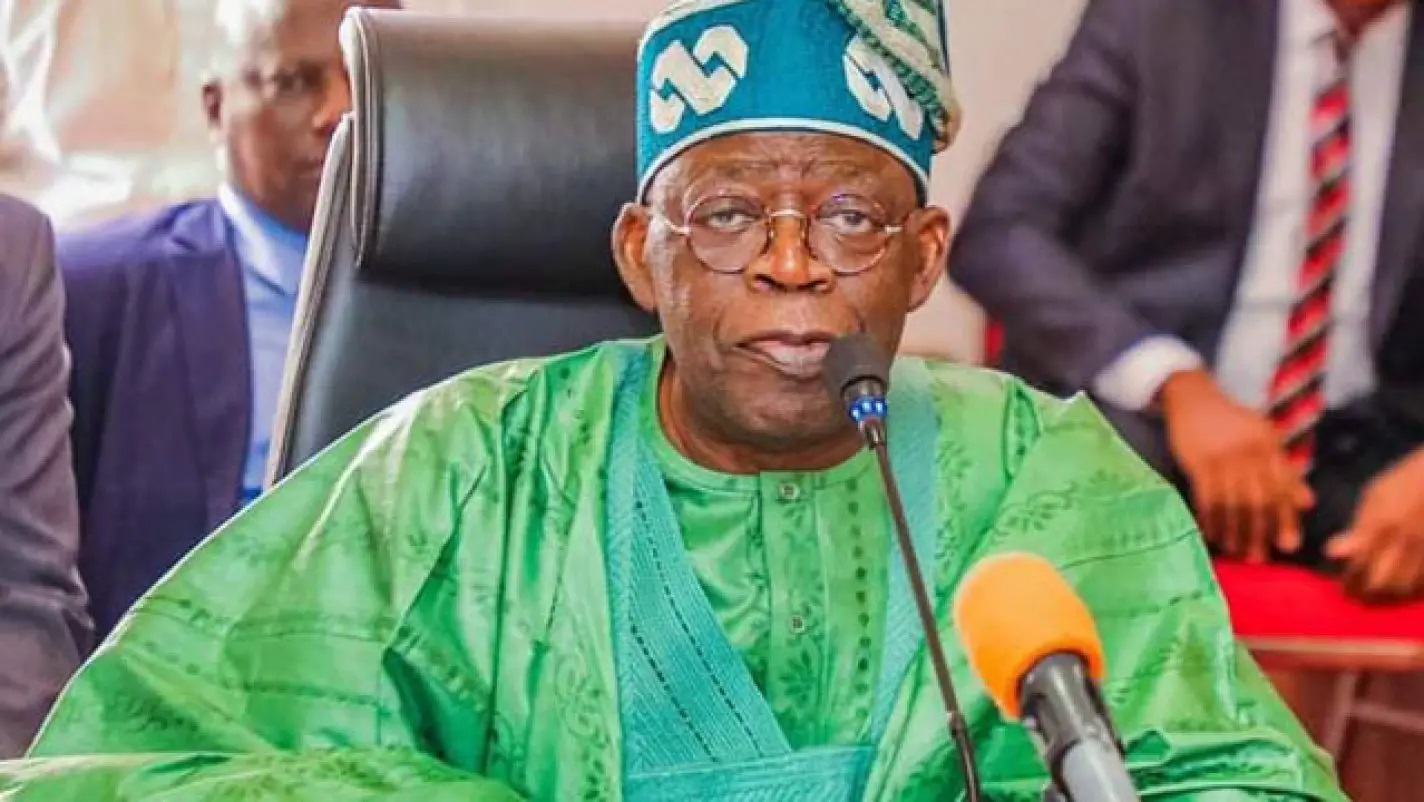President Bola Ahmed Tinubu struck the right chord last week when he imposed a temporary restriction on his ministers and government officials from foreign travels for one quarter. The temporary ban came shortly after news broke that the Office of the Accountant-General of the Federation took the Commissioners for Finance of the 36 states to London for a workshop.
The Presidency’s letter to ministers read in part: “This temporary measure is aimed at cost reduction in governance and intended as a cost-saving measure without compromising government functions. All government officials who intend to go on any public funded international trips must seek and obtain Presidential approval at least two (2) weeks prior to embarking on any such trip, which must be deemed absolutely necessary.”
It is common knowledge that government officials and top civil servants’ penchant for foreign travels is not for the necessity of such trips. Rather, it is for the estacode that accrues to them on every trip. For instance, for the workshop organized in London by the OAGF, each participant was entitled to $600 as estacode per night. The more the number of days spent on the trip the higher the estacode that accrued to each of them. For a country facing a shortage of forex, such foreign trips amount to frittering away of funds that would have been applied for other revenue-generating purposes. It would have been economical to invite the facilitators of the workshop to Nigeria, where there are safe and comfortable venues for hosting such programmes.
We, therefore, support the president’s decision to restrict foreign travels by his ministers. As a matter of fact, Nigeria has diplomatic missions in many countries of the world. The country does not lack diplomats who have the status and capacity to engage in negotiations on behalf of government or attend meetings on behalf of Nigeria and produce comprehensive reports for the Nigerian authorities to act upon. We encourage the government to engage our diplomatic missions the more, as a cost-saving strategy in this dispensation that Nigerians are clamouring for a reduction in the cost of governance.
- SERAP gives Sani, Wike, others ultimatum to account for N5.9trn, $4.6bn loans
- Kebbi imam resigns amid controversy over N500k Ramadan largesse
We also call on the president to lead by example by reducing his own foreign travels. Being accompanied by some state governors, ministers, heads of some Ministries, Departments and Agencies (MDAs), the president’s foreign trips drain more forex for estacodes than trips by ministers and other government officials. In the first seven months of his presidency, for instance, Tinubu embarked on 16 foreign trips, and spent as many as 91 days. That was not exemplary for a government that promised to cut the cost of governance.
The president should delegate ministers and even heads of government agencies to represent him at some international events. He could take a cue from Malawian President, Lazarus Chakwera, who, in 2023, banned himself and his cabinet ministers from foreign trips, and demonstrated his commitment to it by not attending the COP28 event in the United Arab Emirates last year.
The governors of the 36 states must also restrict their foreign trips that gulp a lot of resources from their coffers. Most state governors claim to embark on investment-seeking foreign trips, but it is on record that little or no Foreign Direct Investments (FDIs) or Foreign Portfolio Investments (FPIs) have emanated from those trips. Data from a portal, Open Nigeria States (OPS), shows that in three years, from 2021 to 2023, 14 states spent as much as N21.04 billion on foreign trips to seek foreign investment, but not a dollar of foreign investment was made in those states.
To corroborate the contents of the OPS portal, a 2023 World Bank report attests to this waste of resources. It says: “Net FDI inflows [into Nigeria] are negative, reflecting net withdrawals of equity by foreign investors. FDI and FPI flows into Nigeria do not compare favourably with similar economies of the world, reflecting difficulties with FX availability, security concerns, and other structural challenges in recent years.” It is clear that it is not just the trips that attract foreign investment, but local environmental factors. Governors must look inward and create a conducive environment for foreign investment, rather than waste resources junketing from one country to another in search of a mirage called FDI.
There is largely no debate about the fact that most foreign trips by government officials are unnecessary and meant for pecuniary gains. At this time that Nigerians who do not have access to government treasury are tightening their belts and can hardly breathe, government officials must demonstrate self-discipline, and curtail their foreign travels. We also urge the government to extend the embargo upon the expiration of the initial three months.

 Join Daily Trust WhatsApp Community For Quick Access To News and Happenings Around You.
Join Daily Trust WhatsApp Community For Quick Access To News and Happenings Around You.


